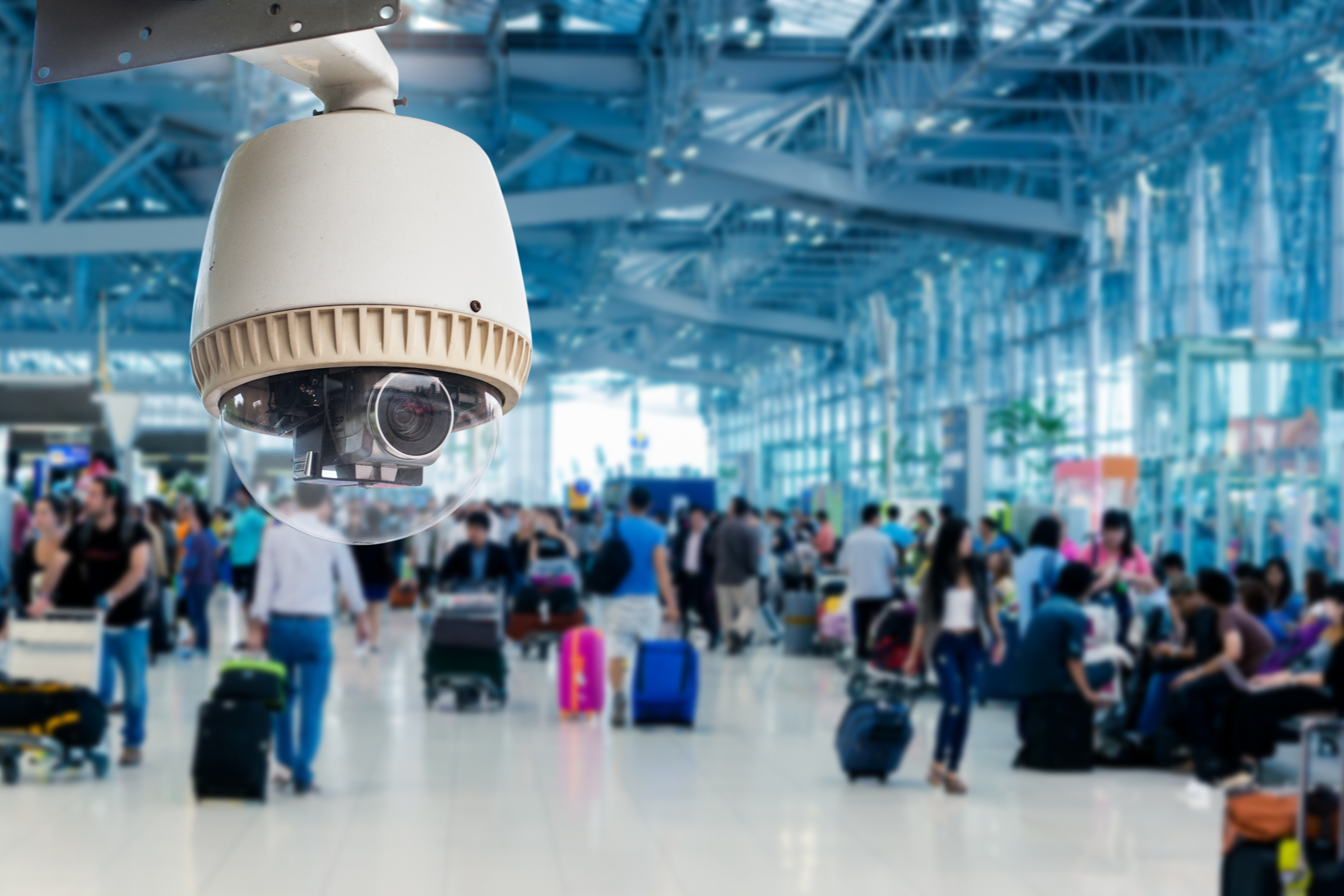IATA bats for countering terrorist travel

The International Air Transport Association (IATA) and the United Nations Office of Counter-Terrorism (UNOCT) signed a memorandum of understanding to strengthen cooperation with the United Nations Countering Terrorist Travel Programme (CT Travel Programme). The memorandum was signed by UNOCT under-secretary-general Vladimir Voronkov and director general and CEO of IATA, Alexandre de Juniac during a virtual ceremony.
The CT Travel Programme, a flagship global initiative of UNOCT, assists member states in building their capabilities to detect and counter terrorists and serious criminals by using advance passenger information (API), passenger name record (PNR), and other passenger data, in accordance with Security Council resolutions 2178 (2014), 2396 (2017), and 2482 (2019) and relevant privacy laws. IATA will join the CT Travel Programme as the first non-government partner of the initiative.
“This memorandum of understanding is a milestone not only for the Countering-Terrorist Travel Programme, but for UNOCT as a whole, as this is the first agreement we have concluded with representatives of the private sector. It symbolises the importance of partnering with the airline industry in establishing passenger data systems and provides a framework for cooperation,” said Voronkov.
In an ‘All-of-UN’ partnership with the United Nations Counter-Terrorism Executive Directorate, the United Nations Office on Drugs and Crime, the International Civil Aviation Organization, the United Nations Office of Information and Communication Technology, and INTERPOL, the Programme comprehensively assists member states in legislative, operational, transport industry engagement, and technical areas. This includes the donation and deployment of the United Nations goTravel software system. The programme has been designed in accordance with human rights principles and United Nations policies in this regard.
“Security is a common goal for airlines and governments. The fundamental responsibility for security is with governments. Airlines help by providing API and PNR traveller data to governments. This contributes to government information gathering in line with global standards on passenger data transmission and in respect of privacy laws. Our collaboration with UNOCT will improve efficiency and increase compliance for this vital information flow. The aim is to curb terrorist mobility. That will make the world a safer place and keep flying secure for all,” said de Juniac.


Comments are closed.